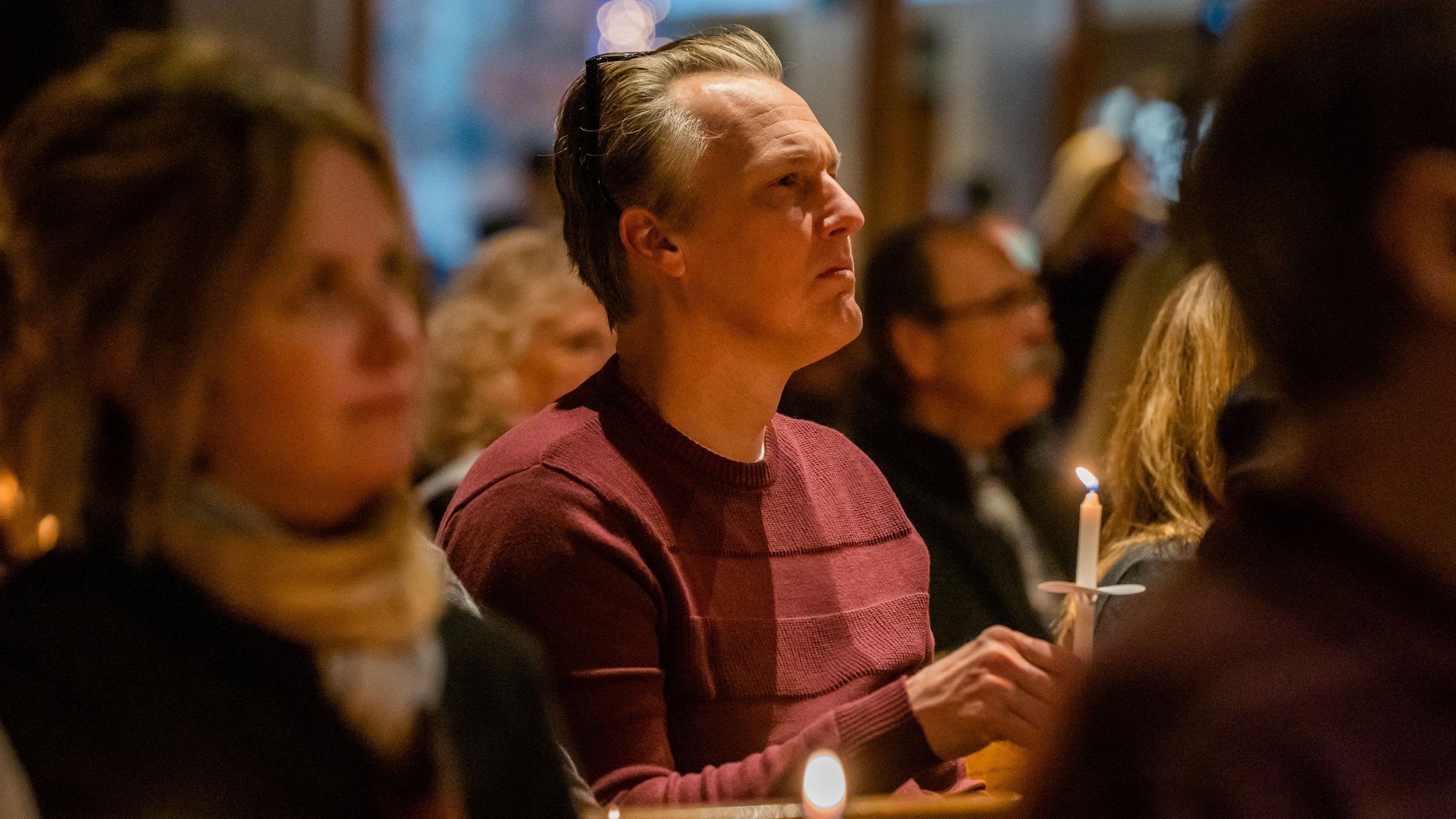Fr. John McKenzie was making the rounds at his Detroit parish's school when he noticed a first-grade girl was crying.
He asked the group of classmates who were consoling her what had happened.
"They all ran over to me and said her brother was shot and killed recently … and he was only 29 years old. And she was so heartbroken, it was her only brother," he said. "This is a first grader."
As a priest in solidum at Christ the King Parish in Detroit, Fr. McKenzie said, "this is the stuff that a lot of people and communities — particularly like our own — have to deal with, unfortunately, on a daily basis."
The number of people affected by gun violence in this country is growing daily, too. It might feel that way based on the seemingly endless reports of mass shootings taking place across the country, but the statistics back it up.
Deaths caused by guns have never been higher in this country. It is no different here in Michigan, where the gun death rate has been climbing and where firearms are the leading cause death of children between the ages of 1 to 19.
The sheer impact of gun violence on human life should demand a response from Catholics who champion the dignity and sanctity of human life above all other principles.
But unfortunately, the topic of guns and how they should be regulated has become political, which makes respectful dialogue on the subject more challenging. There are people who may think the Second Amendment is under attack. There are others who may want the Second Amendment gone all together.
Most Americans do not veer that far in either direction. Instead, they are more likely somewhere in the middle — and that's where the Catholic response to gun violence is as well, which is explored in-depth in the latest edition of FOCUS, the Michigan Catholic Conference’s quarterly publication that examines public policy through the lens of Catholic social teaching.
Backed by numerous references within Catholic social teaching, the publication explains and clarifies how lay and ordained Catholics can support gun policies in the interest of protecting human life. The end result is keeping guns from people who might cause harm to themselves or others.
This could mean a child living in a home with a gun owner. It could mean someone considering suicide. Or it could mean someone threatening to shoot up a school. None of those people should have ready access to a gun, because of the threat to their life and those of others. The Church's intention in supporting gun policies is to deal with those types of scenarios, not to take guns away from law-abiding people who want a gun for their self-defense or to hunt.
At the same time, Catholics should not be naïve to think that new laws will end gun violence for good. The Catholic faith teaches that we live in a fallen world riddled with sin and brokenness.
The U.S. bishops have spoken to a wholistic approach to address gun violence. In a recent letter to Congress, while still advocating for gun safety policies, the national bishops’ conference ticked off several factors that should be considered — everything from mental health and bullying to the influence of entertainment and gaming.
As Fr. McKenzie stated, "It's about guns, but it's also about other societal problems that we have that we are not dealing with."
After tragedy occurs, some will say guns are the problem. Others will say mental health needs to be addressed, or something to that effect.
To both assertions, Catholics can reply, "yes, and…" That's the Catholic response to gun violence: To look at things in a holistic manner, and not through a narrow or even partisan one-way-or-the-other lens.
Paul A. Long is president and CEO of the Michigan Catholic Conference, the official public policy voice of the Catholic Church in this state. To access the digital version of the FOCUS edition on the Catholic response to gun violence, visit micatholic.org/gun-violence, or ask your local parish for a free print copy.












